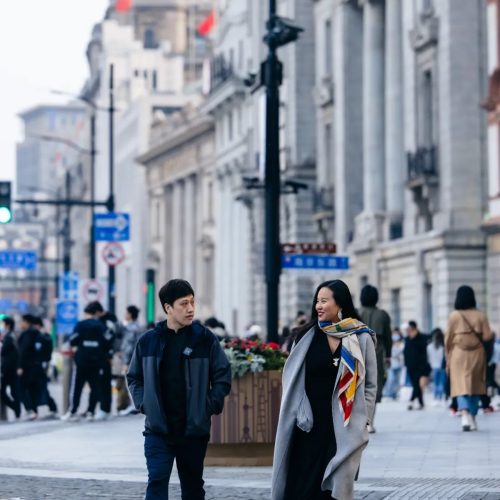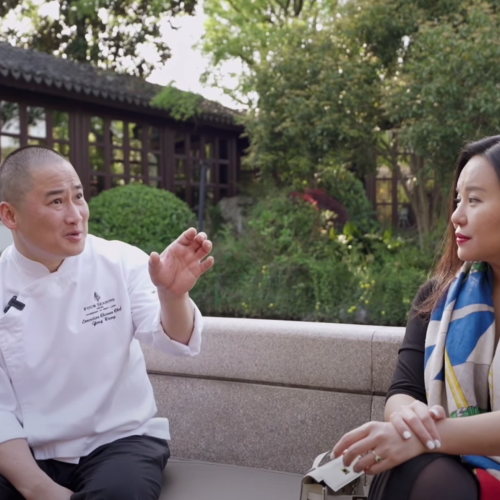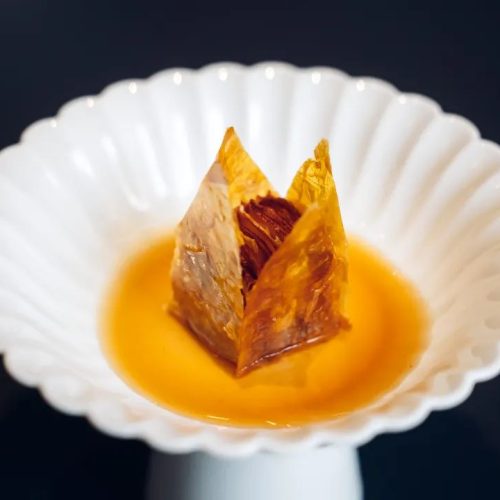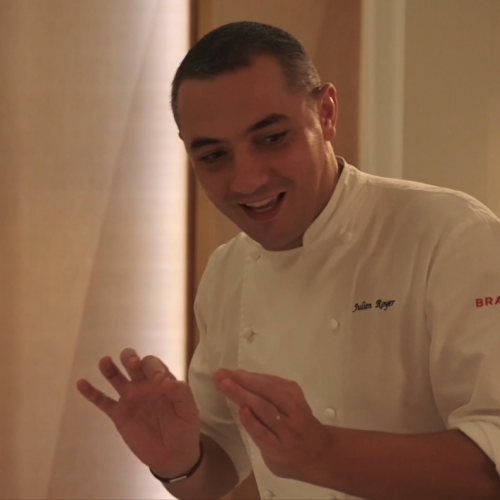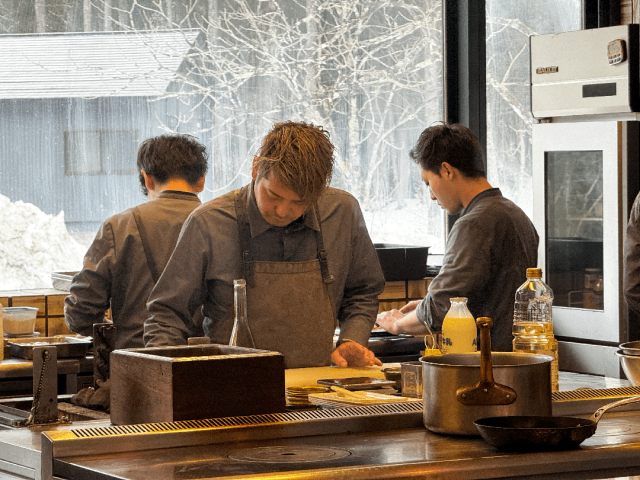
In my career as a culinary writer, I have had the privilege of speaking with many outstanding chefs, but my conversation with Eiji Taniguchi was unforgettable. His background and culinary journey took many unexpected turns. Immersed in the world of cooking from a young age, his initial dream was to become a chef of Japanese cuisine, but fate led him down a different path.

Located in a residential area of Bangkok's bustling Charoen Krung district, this very unique restaurant might be not easy to find on your first visit. Samrub Samrub Thai has recently secured a Michelin star and is ranked 31st among Asia's 50 Best restaurants. The venue, housed in a white four-story renovated residence, offers an intimate chef’s table dining experience, where the interior ambiance feels like eating and drinking in a kitchen, with the host being an exceptionally skilled chef. It also serves as a gathering place full of memories and friendships.
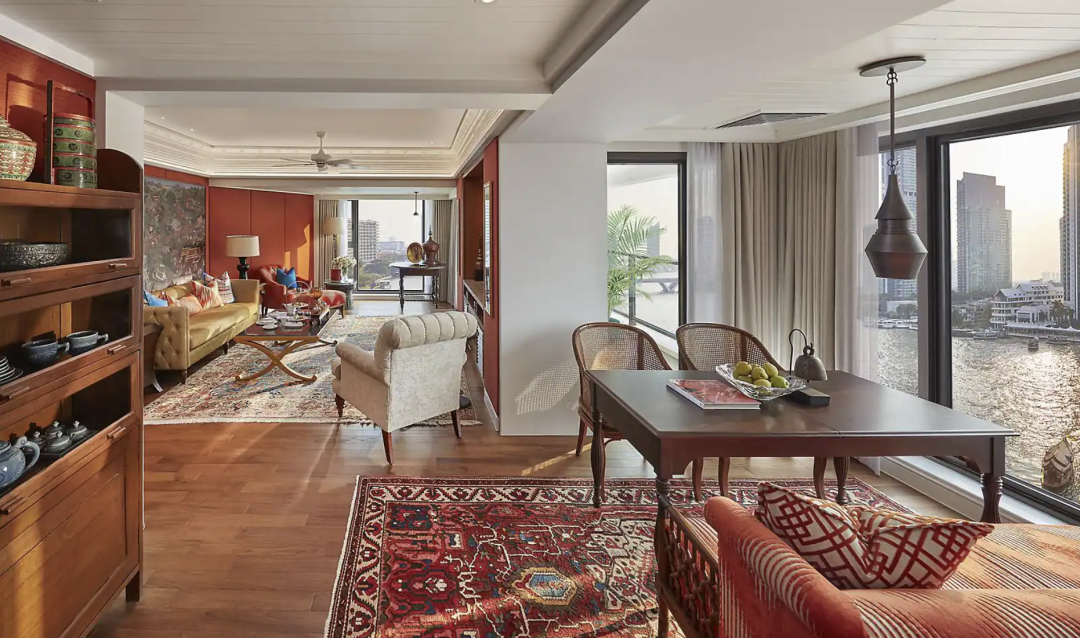
Amidst the jolly sparkling Sunday brunch vibe at the riverfront, my request for usual liquid kale and ginger detox formula appears to be too sober and requires an affirmation. The order placement is treated with assurance and avidness, a Mandarin…
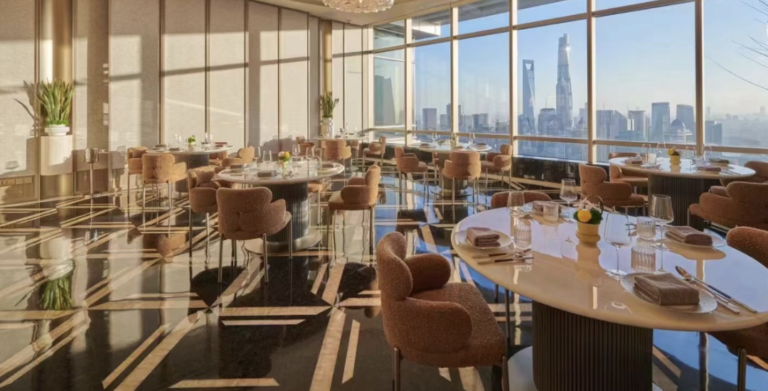
In March this year, I paid my first visit to Selection by Du, the flagship of “Amazing Chinese Cuisine” located on the Bund. It reminded me of my last conversation with Mr. Du four years ago. Time flies in the blink of an eye. Amazing Chinese Cuisine has now expanded to four branches, but one thing remains unchanged: Mr. Du Jianqing's obsession with quality, which is an unquestioned fact in the food community.
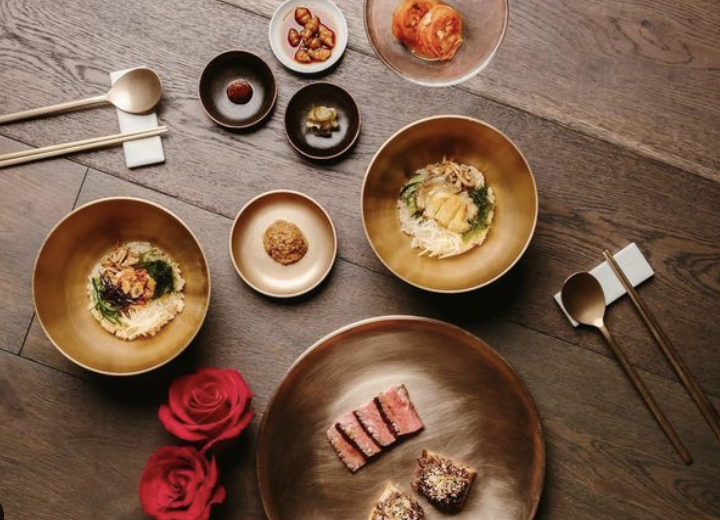
Since its opening in 2020, Hansik Goo has been crowned a Michelin star. "Hansik" means Korean cuisine, while "Goo" represents Chef Mingoo Kang's innovative Korean dishes, aimed at offering a relaxed enjoyment of authentic modern Korean cuisine. The setting is spacious and bright with a warm ambiance. Interestingly, the building is home to many other Michelin-starred restaurants: The Chairman, Vea, and Wing. I said to myself that I should really stay longer next time I come to Hong Kong.
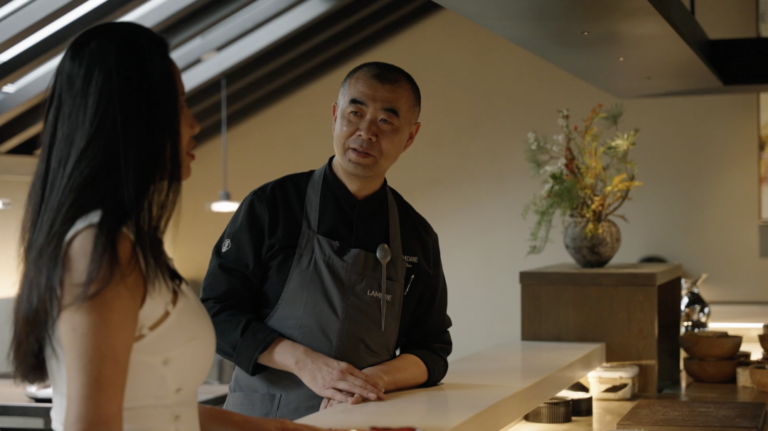
Lamdre, a plant-based restaurant in Beijing's bustling Sanlitun district, embraces an ambiance of tranquility through its symmetrical and minimalist design, creating an environment that embodies the Zen philosophy of purifying the mind and body. Distilling the essence of Japanese and Scandinavian design into a wabi-sabi aesthetic, combined with Chef Dai Jun's masterful plant-based dishes, the restaurant invites each guest to find inner peace and savour the bountiful gifts of nature.

Even the worldaround us is building more walls, globalization continues to flow through intangible things. Whether it's the fusion of various cuisines or the subtle tweaks made to local dishes in order to bring in other culinary traditions, one can see that a new generation of chefs is creating trends – each has a story behind. Chef Pam's fusion cuisine stems from her family background. Thai by birth, Chef Pam is the fifth generation of her family who immigrated from southern China. Chinese-Thai cuisine was her everyday diet, which also led to the creation of Potong, one of Bangkok's most sought-after restaurants.

Carlyle & Co., perched above the sumptuous Rosewood Hong Kong below, whispers intimacy and exclusivity. Named after and inspired by its iconic The Carlyle in New York, it is a club destined to be a young elite heaven and the urban tale for the sophisticated affluent Generation Y from the primordial phase.
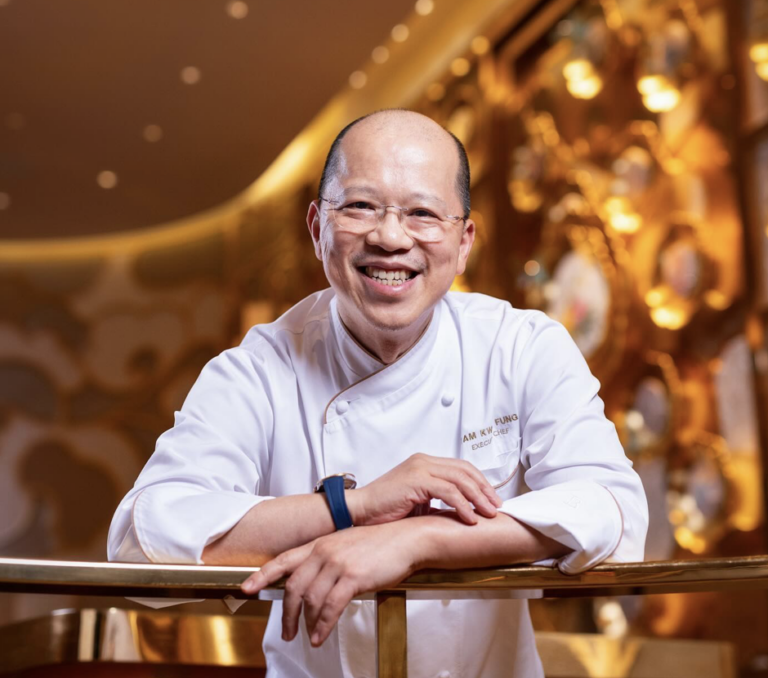
Last year, a significant change swept through the restaurants at Wynn Palace in Macau. The beloved master Chef Tam Kwok Fung relocated to the former site of Sichuan Moon andunveiled a brand-new conceptual restaurant named Chef Tam’s Seasons. This new layout allows Chef Tam greater freedom to express his culinary art, offering diners the chance to experience his private kitchen dishes.
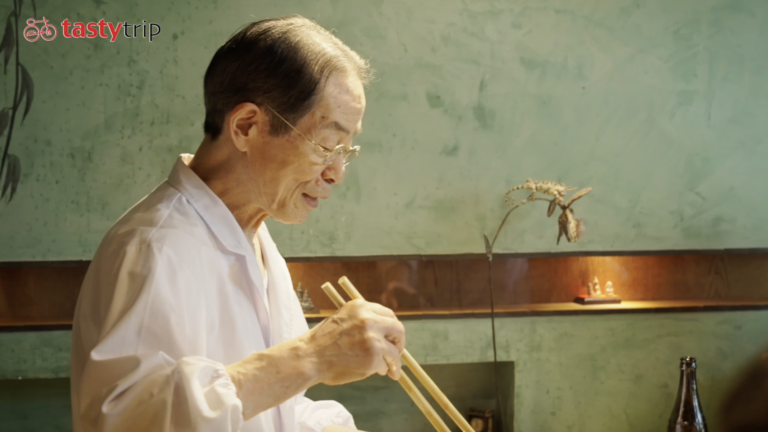
A person who is able to do simple things to the fullest without being distracted can be called a shokunin (professional). But what is the definition of a person who goes beyond being professional? Tetsuya Saotome, the 78-year-old chef of the prestigious Japanese tempura restaurant Mikawa Zezankyo, is often referred to as one of the gods of Japanese cuisine. He has made “making tempura” a form of art, which is not only backed up by intuition but also by science.











